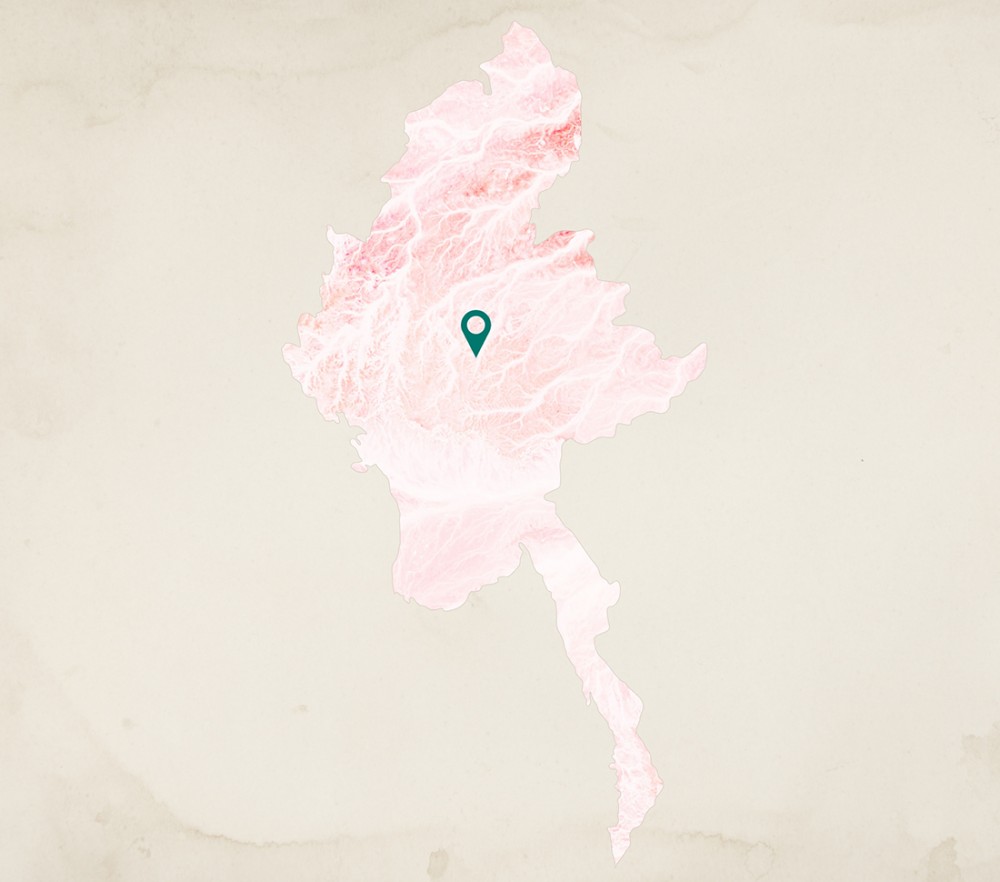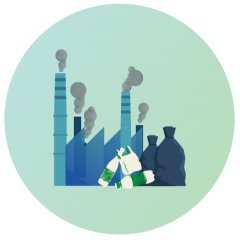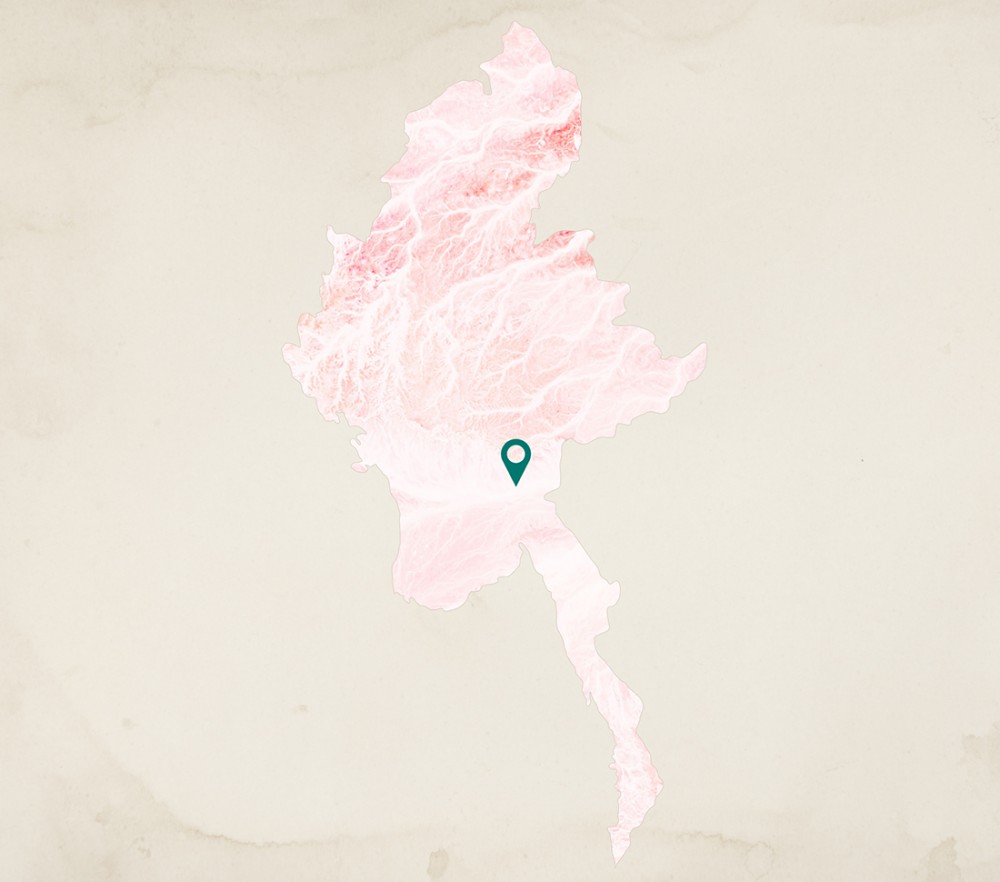
Waste management in rural Myanmar
Background
Solid waste is becoming a growing concern in rural Myanmar. Consumption patterns have dramatically changed over the past 10 years and a lot more single use plastic is now consumed and discarded. In rural Myanmar, there is neither government regulations, nor formal waste collection. Therefore, waste is either burned or enters rivers and the ocean.
The project
Since 2018, Thant Myanmar started working with rural communities to find a way out of the waste crisis. To set up an efficient and sustainable waste system, three essential goals have been identified. Organic and inorganic waste have to be separated. The waste collection structure has to be community driven. And community activism to reduce the usage of plastic has to be taught and promoted. Thant Myanmar has worked in over 30 villages in different regions of the country from Indawgyi lake in Kachin state down to islands in Tanintharyi region through Thandaunggyi in Kayin state. Over 80% of the villages found a collection structure which eventually stopped waste from leaking into the water and the environment.
About the organization
Thant Myanmar is a grassroots movement born in 2018 and aims at reducing single use plastic pollution through the awareness raising and the demonstration of the effectiveness of a range of practical measures. To achieve its purpose, Thant Myanmar work with government, civil society and the private sector.
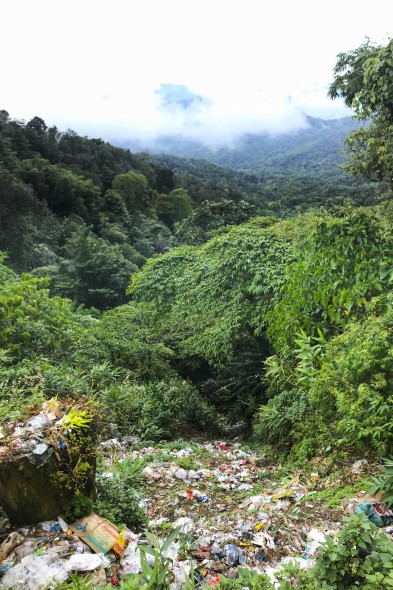
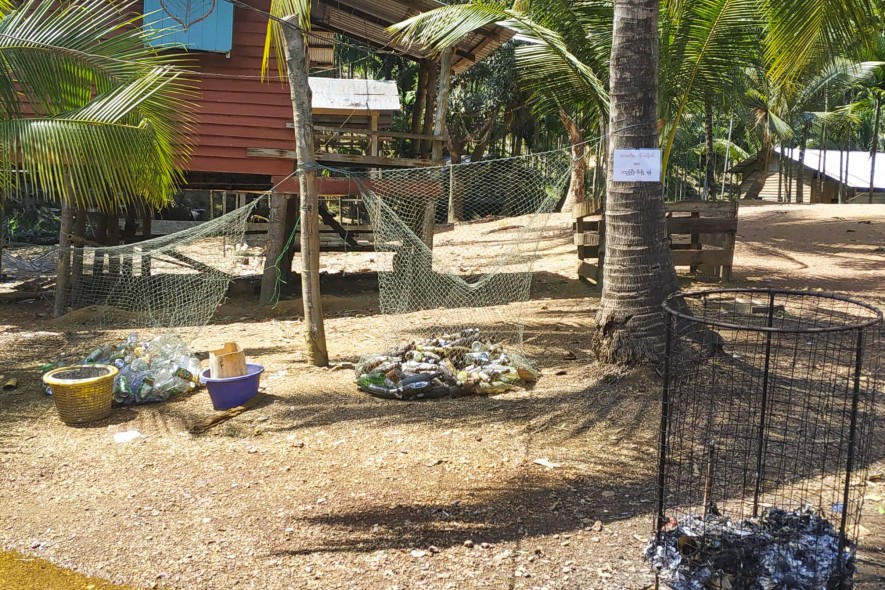
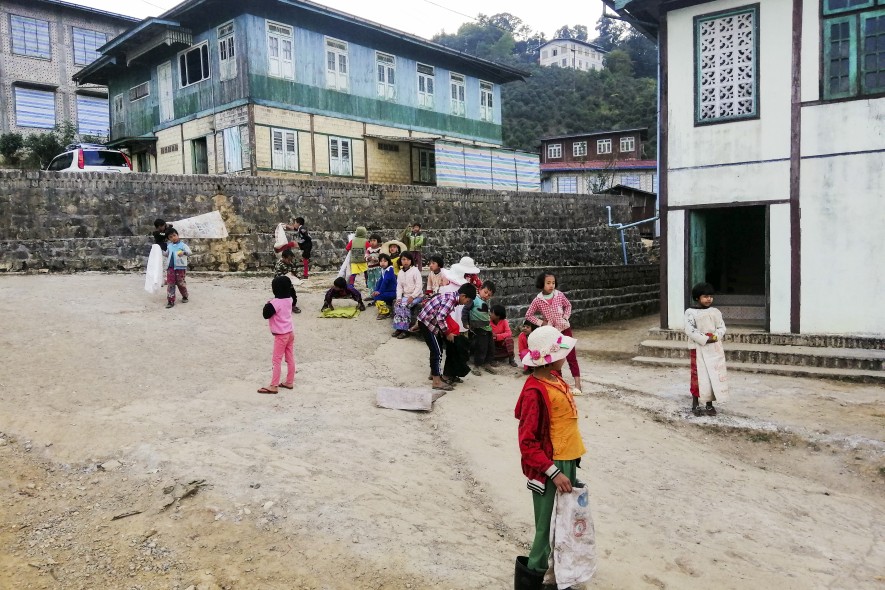
Implemented by
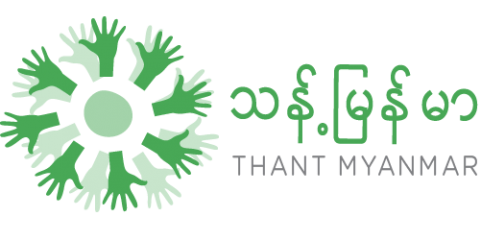
Implementing partners
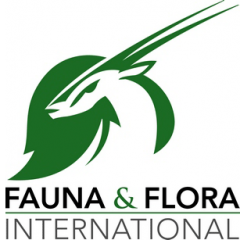
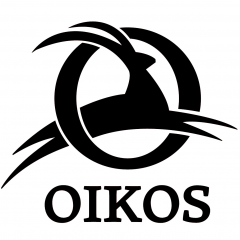
Mae Mauk waterfall mini hydro electrification project
Decentralized village electrification by micro hydropower generation
